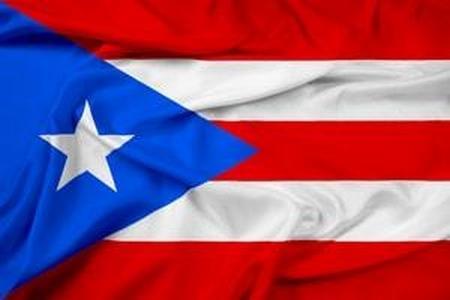The Peculiar Position of Puerto Rico
 The United States has governorship over a handful of territories such as Puerto Rico or Guam, referring to them as insular areas. A U.S. insular area is defined as a nominally self-governing territory which looks to the United States for guidance and various benefits. Given the horrific situation in Puerto Rico after Hurricane Maria, questions about the lawful status of the Puerto Ricans have been asked by those not in the know, especially in regard to the possibility of relocating to the U.S. mainland.
The United States has governorship over a handful of territories such as Puerto Rico or Guam, referring to them as insular areas. A U.S. insular area is defined as a nominally self-governing territory which looks to the United States for guidance and various benefits. Given the horrific situation in Puerto Rico after Hurricane Maria, questions about the lawful status of the Puerto Ricans have been asked by those not in the know, especially in regard to the possibility of relocating to the U.S. mainland.
Citizenship and Relocation
As of 2017, the U.S. Congress had extended citizenship to the residents of all inhabited U.S. possessions except for American Samoa, which is an unincorporated territory (a territory must incorporate, or organize in a certain way, for its people to be eligible for citizenship). Thus, residents of all other U.S. possessions such as Puerto Rico, the Northern Marianas Islands, Guam, and the U.S. Virgin Islands have the same citizenship rights as anyone born on the U.S. mainland. The Marshall Islands, the Federated States of Micronesia, and Palau are sometimes named as U.S. possessions, but this is erroneous—they are sovereign states and their nationals are citizens of their respective countries, with no claim to U.S. citizenship.
Since the people of these insular areas are U.S. citizens, this means that if they wish to sponsor family for an immigrant visa, they may do so, in the same manner as any other person. They may be asked for information that mainlanders would not have to provide, but it is primarily related to the fact that citizens from insular areas do not pay U.S. federal income taxes, and in general less information is available to cross-check with the application.
Undocumented Immigrants
Puerto Rico in particular has historically experienced a significant amount of undocumented immigration, despite its relatively precarious financial status. The island is approximately five times wealthier than the Dominican Republic, or was prior to Hurricane Maria, and is only separated from Hispaniola by a narrow strait called the Mona Passage.
Since the 2010 earthquake that devastated much of their country, many Haitians also try to make the crossing to Puerto Rico with regularity, especially since the current administration has extended Temporary Protected Status to Haitians until January 22, 2018. Therefore, if a Haitian national makes it to U.S. soil, they will be able to utilize that temporary status.
It is important to keep in mind, if you are undocumented, that an insular area like Puerto Rico or Guam is no less stringent about enforcing immigrant laws than the mainland. If you are arrested by Immigration and Customs Enforcement (ICE), you will be deported if cause is found to do so. Indeed, undocumented people arrested on Puerto Rico may actually be deported faster than undocumented immigrants on the mainland, because especially after the hurricane, there is simply no place to hold people.
Contact a Knowledgeable Attorney
While it is understandable that there would be some confusion, Puerto Ricans are citizens and their land is U.S. soil, which means they are entitled to the same rights and privileges as any other U.S. citizen. If you have family in Puerto Rico or have other questions about immigration and the island, contacting an experienced immigration lawyer can help answer them.
The committed Chicagoland immigration attorneys at Mevorah & Giglio Law Offices are ready to try and help you to the best of our ability. Call today to set up a free consultation.
 English,
English,
 Spanish,
Spanish,
 Polish,
Polish,
 Urdu
Urdu













 Make a Payment
Make a Payment



